Life
Sign up for our newsletter
We summarize the week's scientific breakthroughs every Thursday.
-
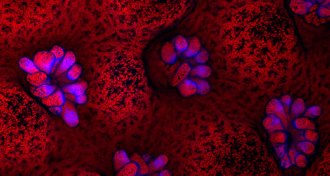 Animals
AnimalsFluorescence could help diagnose sick corals
Diseased corals fluoresce less than healthy corals, and a new analysis technique can help spot the reduced glow.
-
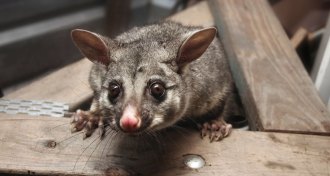 Genetics
GeneticsCurrent CRISPR gene drives are too strong for outdoor use, studies warn
Self-limiting genetic tools already in development may be able to get around concerns surrounding the use of gene drives.
By Susan Milius -
 Tech
Tech50 years ago, artificial limbs weren’t nearly as responsive
Artificial limbs have come a long way since 1967.
-
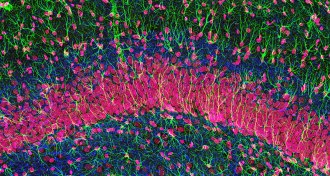 Neuroscience
NeuroscienceStudy casts doubt on whether adult brain’s memory-forming region makes new cells
An examination of 54 human brains suggests that adults don’t grow new neurons in the hippocampus, contrary to several widely accepted studies.
-
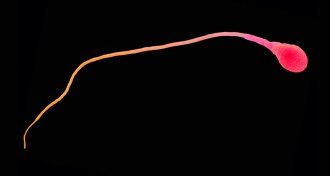 Health & Medicine
Health & MedicineHow dad’s stress changes his sperm
Stress may change sperm via packets of RNA in the epididymis, a mouse study suggests.
-
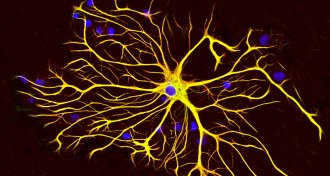 Neuroscience
NeuroscienceThe brain’s helper cells have a hand in learning fear
After a traumatic experience, rat brains release inflammatory signals that come from astrocytes, suggesting a new role for the brain’s “helper” cells.
-
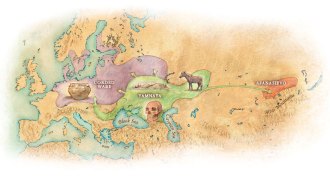 Archaeology
ArchaeologyHow Asian nomadic herders built new Bronze Age cultures
Ancient steppe herders traveled into Europe and Asia, leaving their molecular mark and building Bronze Age cultures.
By Bruce Bower -
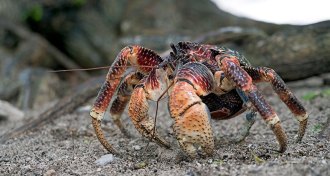 Animals
AnimalsCoconut crabs are a bird’s worst nightmare
A biologist witnesses a coconut crab taking out a blue-footed booby and documents the balance of the animals in an Indian Ocean archipelago.
-
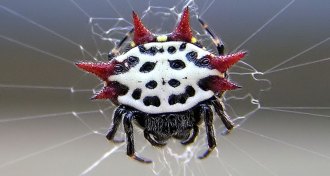 Animals
AnimalsThese spiders may have the world’s fastest body clocks
Three orb-weaving spiders may have the shortest circadian clocks yet discovered among animals.
-
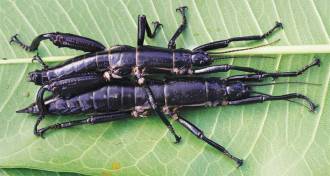 Animals
AnimalsThe Lord Howe stick insect is officially back from the dead
New genomic sequencing confirms that stick insects discovered near Lord Howe Island are the assumed-extinct Lord Howe stick insect.
-
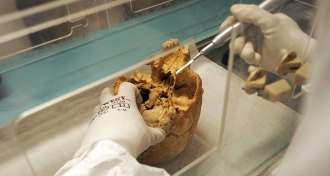 Anthropology
AnthropologyAncient European farmers and foragers hooked up big time
Interbreeding escalated in regionally distinct ways across Neolithic Europe.
By Bruce Bower -
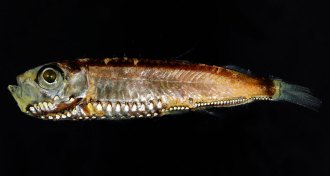 Animals
AnimalsThis deep-sea fish uses weird eyes to see in dark and light
The eyes of deep-sea fish called pearlsides contain cells that look like rods but act like cones.